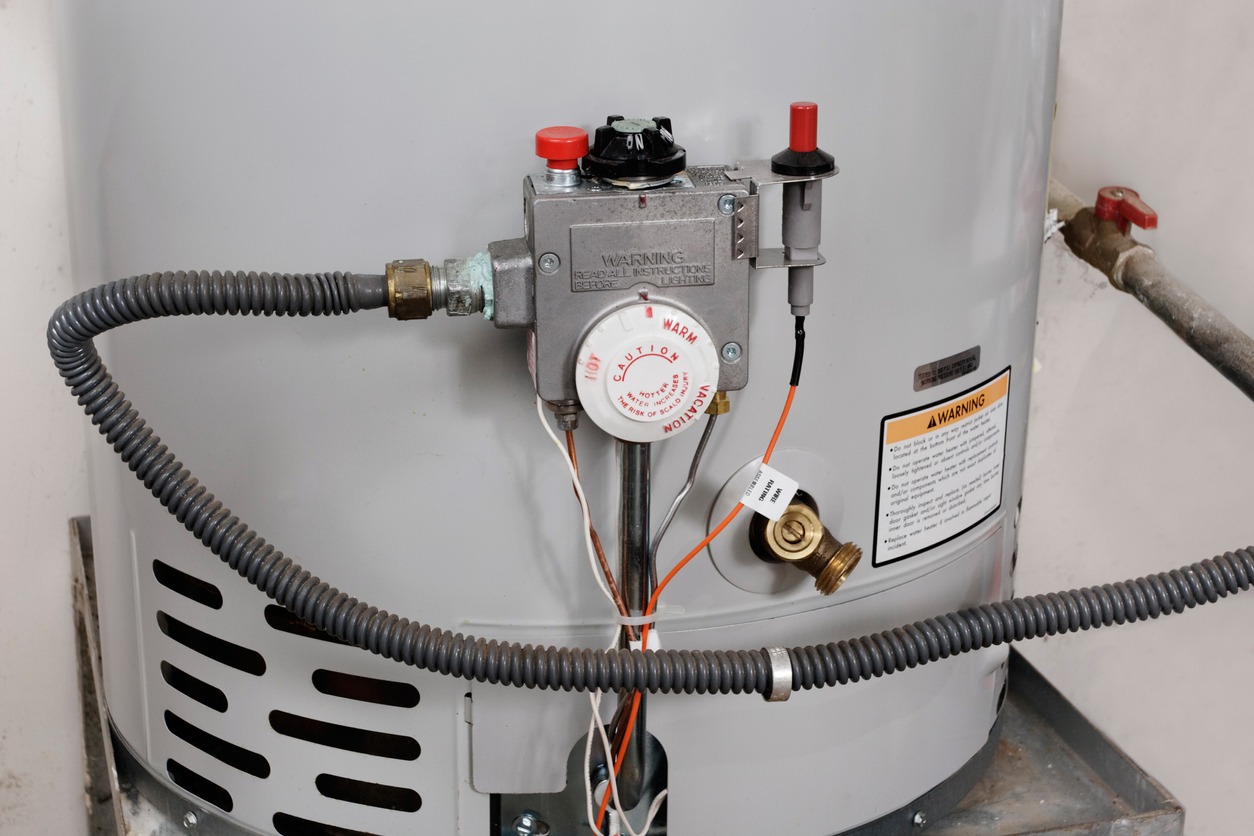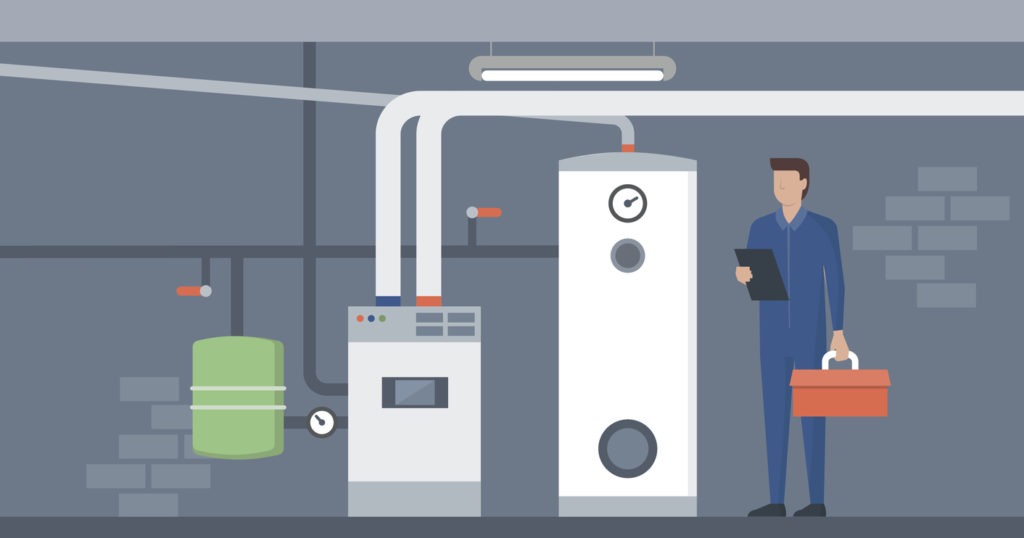There’s nothing that feels quite as good after a long day as a hot shower. However, one problem that more and more people are experiencing is the shock of cold water, as they stand in their showers for minutes while they wait for the water to actually heat up. This can be annoying, and even harmful. Hot water is needed to cleanse bacteria when washing hands, and it’s the best way to get stains out of clothing. If you’re not getting hot water in a timely fashion or perhaps your water heater is beeping, there may be a problem.
This is a problem that affects many people, and also a problem that they take as a very serious issue. Most people have no idea about how to handle this and so they’re looking for help. So, if you’re experiencing this problem and it’s taking too long for your hot water to get to its destination in the home, here are a few fixes that you can implement to change that.
Remember: Safety first! When dealing with a water heater you are dealing with equipment, water and electricity. When in doubt call a professional.
Fixes for Water That Won’t Get Hot
1. Check the Power Source
For electric water heaters ensure the unit is plugged in and check your home’s circuit breaker or fuse box. A tripped breaker or blown fuse could be the culprit. Reset the breaker or replace the fuse and check if the heater resumes functioning.
For gas water heaters check to see if the gas valve is fully open and ensure that the pilot light is lit. If the pilot light is out, follow the manufacturer’s instructions to relight it.
2. Inspect the Thermostat
Water heaters have a thermostat to control the temperature. Check if the thermostat is set to the desired temperature. For most households, a setting between 120-140 degrees Fahrenheit is adequate. If the thermostat is set correctly but the water isn’t heating well, it might be malfunctioning. In some cases, resetting the thermostat or adjusting the temperature slightly can help.
3. Examine the Heating Elements (Electric Heaters)
Electric water heaters have heating elements that can burn out over time. To check them, you’ll need to turn off the power to the heater and remove the access panel on the side of the tank. Use a multimeter to test each element for continuity. If an element lacks continuity, it needs to be replaced.
4. Look for Signs of Sediment Build-Up
Over time, sediment can build up at the bottom of the tank, especially in areas with hard water. This sediment can insulate the water from the heater’s burner or elements, reducing efficiency. Draining and flushing the tank can help remove this sediment. This involves attaching a hose to the drain valve at the bottom of the tank and running water through until it’s clear.
5. Check the Pressure Relief Valve
The pressure relief valve is a safety feature that prevents the tank from over-pressurizing. Check to ensure it’s functioning properly. If it’s leaking or appears to be stuck, it may need to be replaced.
6. Assess for Leaks
Inspect the water heater for any signs of leaks. Leaks can lead to a loss of water and pressure, impacting the heating efficiency. If you find any leaks, the source needs to be identified and repaired. Sometimes leaks can be from the connections or fittings, which might be tightened or replaced.
7. Evaluate Hot Water Demand
If you’ve recently had an increase in hot water usage in your home, your current water heater might not be sufficient to meet the demand. This is common in growing families or when adding appliances like dishwashers or washing machines.
8. Consider the Age of the Water Heater
If your water heater is old (typically over 10-15 years), it may be losing efficiency due to age and wear. In this case, it might be more cost-effective to replace it with a newer, more efficient model.
9. Call a Professional
If the above steps don’t resolve the issue, or if you’re uncomfortable performing them, it’s wise to call a professional plumber. They can diagnose and fix more complex problems like issues with the gas line, internal tank damage, or advanced electrical faults.
A professional can provide expert diagnosis including accurately diagnosing complex issues that aren’t apparent to the untrained eye. They have the expertise to identify and fix problems related to internal components, gas lines, electrical connections, and other intricate parts of the water heater. They can provide a more efficient solution, often quickly identifying the root of the problem, which saves you time and prevents further damage.
Water heaters, especially those running on gas or electricity, pose significant safety risks if not handled correctly. Professionals have the necessary training and tools to safely conduct repairs and maintenance. Incorrectly addressing issues like gas leaks, faulty electrical wiring, or pressure build-up in the tank can lead to accidents. A professional ensures these risks are managed properly.

